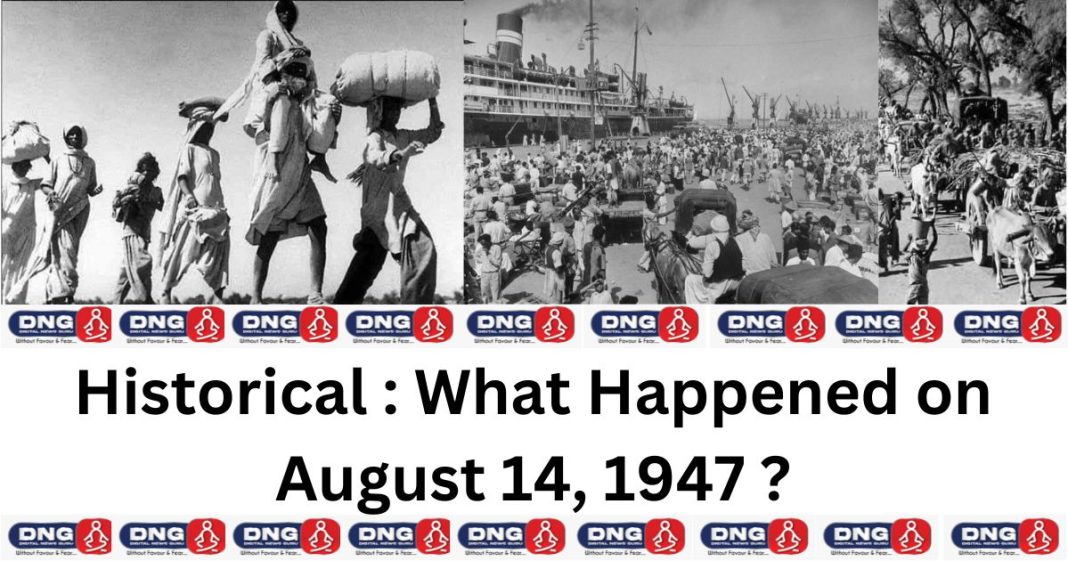DIGITAL NEWS GURU HISTORICAL DESK :-
Historical : What Happened on August 14, 1947 ?
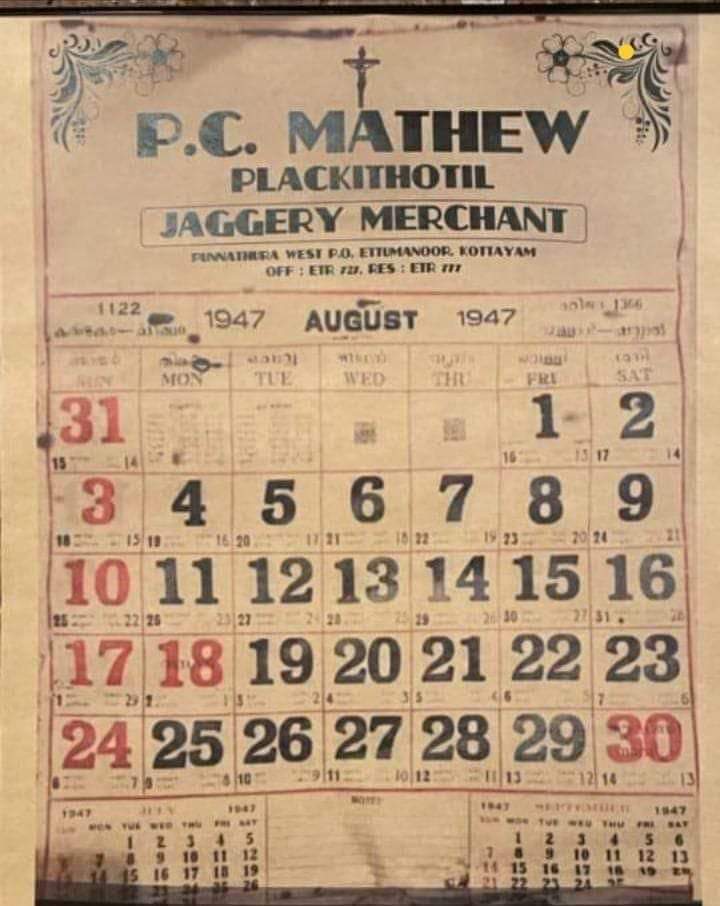
The date of August 14, 1947, marks a pivotal moment in the history of the Indian subcontinent—a moment that witnessed the birth of two sovereign nations, India and Pakistan, following centuries of colonial rule under the British Empire.
This day is etched into the collective memory of millions as it represents both the end of British colonialism and the beginning of an era of self-determination. The events leading up to and including this historic day are laden with both joy and sorrow, encapsulating the complexities of freedom, identity, and division.
The Background: The Struggle for Independence
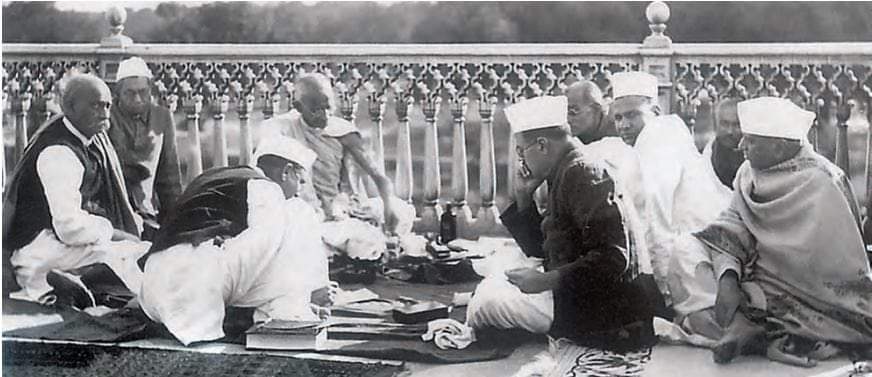
India‘s struggle for independence was long and arduous, marked by numerous revolts, movements, and negotiations. The Indian National Congress, founded in 1885, became the principal vehicle of the nationalist movement, leading the charge against British rule through non-violent resistance under the leadership of figures like Mahatma Gandhi, Jawaharlal Nehru, and Sardar Vallabhbhai Patel.
Alongside the Congress, the All India Muslim League, led by Muhammad Ali Jinnah, emerged as a powerful force advocating for the rights of Muslims and eventually the creation of a separate Muslim state.
World War II further weakened the British Empire, economically and politically, making it increasingly difficult for Britain to maintain control over its colonies. The war also fueled nationalist sentiments across India, leading to the Quit India Movement in 1942, which demanded an immediate end to British rule.
The war’s end in 1945 marked the beginning of serious negotiations between Indian leaders and the British government, ultimately leading to the decision to grant independence.
The Partition: A Tale of Division
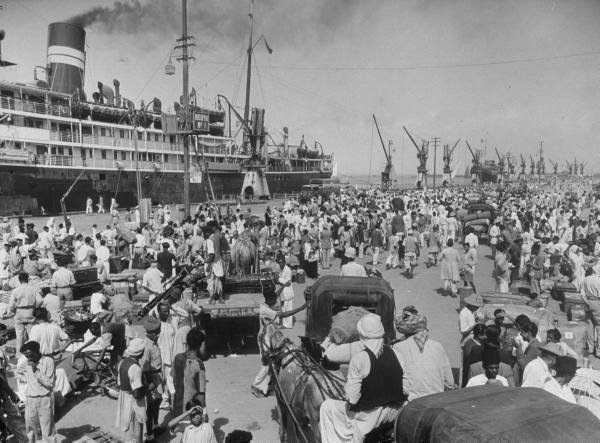
While the demand for independence was unanimous, the vision of what an independent India would look like was deeply contested. The Congress envisioned a united India where all religious communities could coexist, while the Muslim League, fearing marginalization in a Hindu-majority state, pushed for the creation of a separate nation for Muslims.
These differences culminated in the demand for the partition of India into two states—India and Pakistan.The decision to partition was formalized in June 1947 when the British government, under Prime Minister Clement Attlee, announced its intention to leave India by June 1948.
However, escalating communal violence and the urgency of the situation led to the hastening of the timeline. Lord Louis Mountbatten, the last Viceroy of India, advanced the date of independence to August 1947 and proposed the partition plan, which was reluctantly accepted by both the Congress and the Muslim League.
August 14, 1947: The Birth of Pakistan
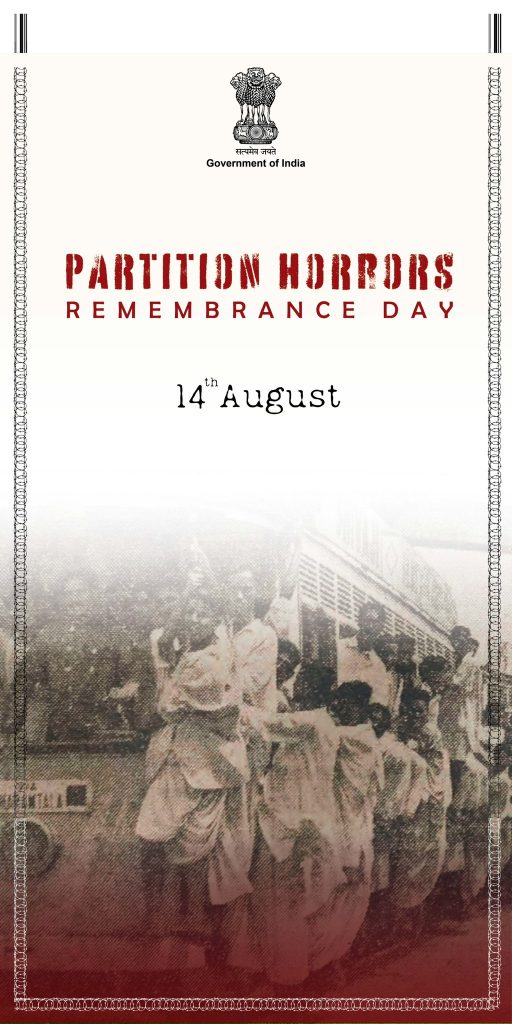
As the clock struck midnight on August 14, 1947, Pakistan came into existence as an independent nation. The day was marked by celebrations and ceremonies in Karachi, which was then the capital of Pakistan.
Muhammad Ali Jinnah, the leader of the Muslim League and the driving force behind the creation of Pakistan, was sworn in as the first Governor-General of Pakistan. In his inaugural address, Jinnah spoke of Pakistan’s commitment to democracy, freedom, and equality for all its citizens, regardless of religion, caste, or creed.
The creation of Pakistan was seen as the fulfillment of a long-cherished dream for many Muslims who had supported the idea of a separate nation. However, the joy of independence was tempered by the painful reality of partition.
The division of the subcontinent along religious lines led to one of the largest mass migrations in human history, as millions of Hindus, Muslims, and Sikhs crossed borders in search of safety.
The partition was accompanied by widespread communal violence, resulting in the loss of hundreds of thousands of lives and leaving deep scars that continue to affect India-Pakistan relations to this day.
August 15, 1947: India’s Independence Day
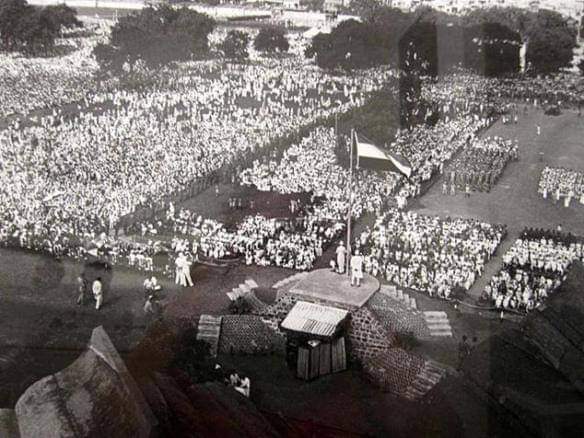
While Pakistan was born on August 14, India celebrated its independence a day later, on August 15, 1947. The night of August 14-15 saw a historic session of the Indian Constituent Assembly, where Jawaharlal Nehru, who would become India’s first Prime Minister, delivered his famous “Tryst with Destiny” speech.
Nehru spoke of the moment as one of redemption and the realization of a long-deferred dream, emphasizing the responsibilities that lay ahead for the newly independent nation.
At the stroke of midnight, India officially became a sovereign nation, free from British rule. The Indian national flag was hoisted for the first time, symbolizing the country’s new identity and its aspirations for the future.
Celebrations erupted across the country, but the atmosphere was also tinged with sadness and uncertainty due to the ongoing violence and displacement caused by the partition.
The Aftermath and Legacy:
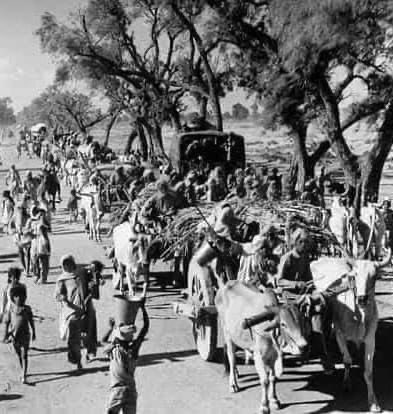
The partition of India and the creation of Pakistan were events of monumental significance that reshaped the political, social, and cultural landscape of the Indian subcontinent.
The aftermath of independence saw the establishment of two nations with distinct identities, yet their shared history, culture, and intertwined destinies have continued to define their relationship.
For India, independence marked the beginning of a journey towards building a secular, democratic republic. The challenges were immense, including integrating hundreds of princely states, addressing the needs of millions of refugees, and laying the foundation for economic and social development.
Similarly, Pakistan faced the task of nation-building in the face of enormous challenges, including creating a government from scratch, dealing with the refugee crisis, and establishing its place in the world as a new nation.
The events of August 14 and 15, 1947, are remembered with mixed emotions—pride and joy for the hard-won independence, but also sorrow for the pain and suffering caused by partition.
These dates have since become central to the national identities of India and Pakistan, celebrated annually as Independence Day in both countries.
However, the legacy of 1947 is complex and continues to influence the geopolitics of South Asia. The division that led to the creation of two nations has also been the root of ongoing conflict, particularly over the region of Kashmir, which both India and Pakistan claim.
Despite the passage of more than seven decades, the wounds of partition are still felt, and the history of August 1947 serves as a reminder of the profound impact of colonialism, nationalism, and the quest for self-determination.
Conclusion:
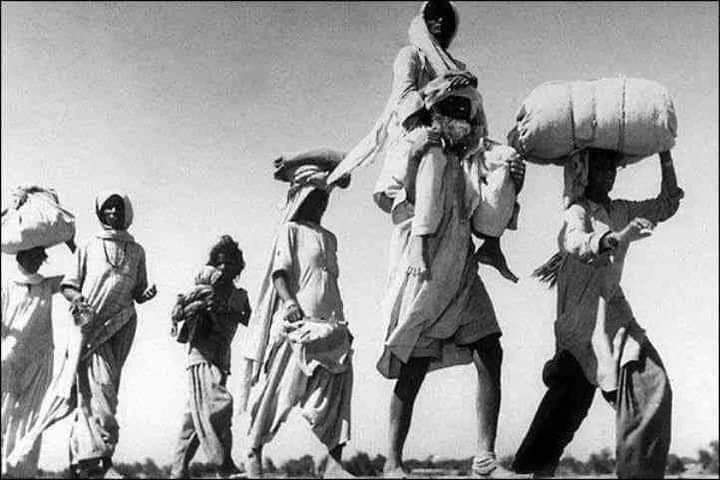
August 14, 1947, is a day that marks a significant turning point in the history of the Indian subcontinent. It was a day of liberation from colonial rule, but also one of profound division.
The birth of Pakistan and the subsequent independence of India were events that brought both joy and sorrow, hope and fear.
As the subcontinent continues to navigate the legacies of partition, the events of that fateful day remain a crucial chapter in the ongoing story of India and Pakistan—two nations forever linked by a shared history, even as they pursue separate futures.
YOU MAY ALSO READ :- Calcutta High Court Hands Over R.G Kar Medical College Rape and Murder Case to CBI !



